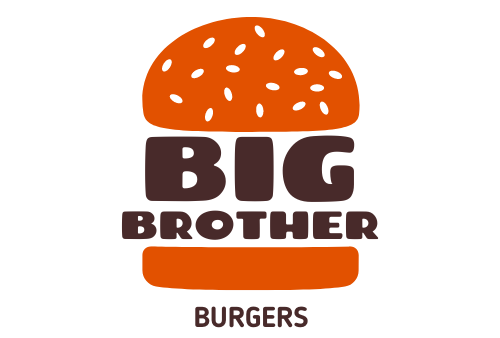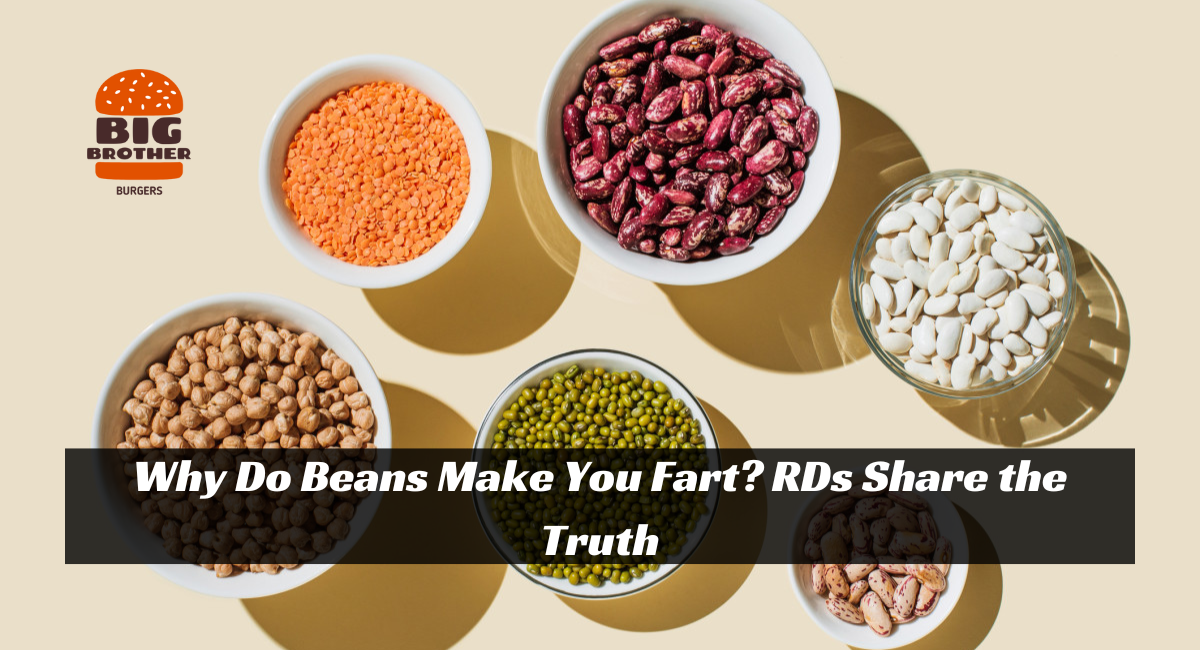We’ve all heard the jokes about beans and gas, but have you ever wondered why they make you fart? While it might be embarrassing, it’s a natural reaction, and understanding why it happens can help you make better dietary choices.
You’re not alone if you’ve noticed that eating beans often leads to uncomfortable bloating or excessive gas. Dietitians frequently hear complaints about this, and while it’s normal, knowing the science behind it can make the situation more comfortable.
So why exactly do beans make you fart, and are there ways to prevent it? Here’s what the experts have to say.
Do Beans Cause Gas?
Yes, beans are notorious for causing gas. But why is that? It all comes down to the fiber and specific carbohydrates found in beans that are difficult for your body to digest. The good news is that these components benefit your health, even if they lead to some digestive discomfort.
Beans are packed with fiber called raffinose, a non-digestible carbohydrate known as an oligosaccharide. Raffinose acts as a prebiotic, feeding your gut’s healthy bacteria. This fermentation process by gut bacteria produces gas, so beans often cause flatulence.
Why Do Beans Make You Fart?
There are several reasons why beans cause gas, and understanding them will help you prevent or reduce discomfort in the future.
1. Beans Contain Raffinose
Raffinose is a carbohydrate that our digestive system has trouble breaking down. Unlike other foods, raffinose is mainly intact through the stomach and small intestine. It only begins to ferment in the large intestine, where gut bacteria start breaking it down. This fermentation process produces gas as a byproduct, leading to bloating and flatulence.
Many other healthy foods, like broccoli and asparagus, also contain raffinose, so you may notice similar digestive effects after eating them.
2. High in Fiber
Beans are also very high in fiber, which is another reason they make you fart. Fiber is essential for digestion, but if you’re not used to eating a high-fiber diet, consuming beans in large quantities can lead to gas and bloating.
Destini Moody, RD, explains, “Some legumes are roughly 10% fiber by weight. If you don’t regularly consume a lot of fiber, your GI tract might react with gas or constipation when you introduce a large amount.”
3. Lectins Add to the Gas
Beans also contain lectins, a type of protein found in plant foods. Lectins can also contribute to gas production during digestion. While lectins have some health benefits, they are difficult to break down, which can cause bloating and gas in some people.
4. Eating Beans Too Quickly
Another reason you might experience gas after eating beans is the speed you consume them. Eating too quickly can cause you to swallow excess air, which gets trapped in the digestive system and contributes to bloating and gas. When combined with the beans’ naturally gas-producing effects, it’s a recipe for discomfort.
5. Food Intolerances or Conditions
Some people may have underlying digestive conditions or intolerances that make them more sensitive to beans. For example, small intestinal bacterial overgrowth (SIBO) or food intolerances can lead to more severe bloating and gas after consuming beans. If you experience excessive bloating, it’s worth discussing with a healthcare provider.
How to Prevent Gas and Bloating from Beans
While beans can make you gassy, there are several ways to reduce this effect, and you still enjoy their many nutritional benefits. Here’s how to prevent gas and bloating when eating beans:
1. Soak Beans Before Cooking
Soaking beans in water before cooking can help reduce their gas-producing effects. When beans are washed, some non-digestible fibers, including raffinose, leach into the water, making them easier to digest. This simple step can significantly reduce the amount of gas they produce.
2. Use Digestive Spices
Adding certain spices to your bean dishes can help improve digestion and reduce gas. Ingredients like ginger, turmeric, and fennel have been used for centuries to aid digestion and may help minimize bloating and gas after eating beans.
3. Start with Small Portions
If you need to get used to eating beans regularly:
- Introduce them gradually into your diet.
- Try to consume only a few amounts of fiber at a time, as this can shock your digestive system.
- Start with smaller portions and increase your intake slowly, allowing your body time to adjust.
- Eat Slowly
Chewing your food thoroughly and eating slowly can reduce the amount of air you swallow during meals. This not only aids digestion but also helps prevent the buildup of excess gas. Taking your time to eat beans can help your body process them more efficiently, reducing the likelihood of gas.
4. Walk After Meals
Going for a short walk or stretching after meals can help move air through your digestive system and relieve bloating. Gentle movement encourages the natural flow of digestion, helping ease discomfort.
5. Consult a Doctor
If you consistently feel bloated after eating beans, it may be a sign of an underlying issue. Chronic bloating and gas can sometimes be related to digestive disorders or food intolerances. Consulting with a healthcare provider or registered dietitian can help you pinpoint the cause and find a solution.
Which Beans Cause the Most Gas?
Not all beans are created equal when it comes to gas production. Some beans cause more gas than others due to their higher fiber content. Common culprits include:
- Red kidney beans
- Black beans
- Soybeans
- Lima beans
However, everyone’s digestive system is different, and the types of beans that cause gas can vary from person to person. Keeping a food diary to track which beans trigger the most gas can help you adjust your diet.
Conclusion:
Beans are highly nutritious and versatile, and despite their gas-producing effects, they should be avoided only partially. By understanding why beans cause gas and taking steps to reduce it, you can still enjoy the many health benefits they offer. Whether it’s soaking beans, eating slowly, or spicing up your dishes, these small changes can make a big difference in how your body digests beans.
So, embrace the occasional discomfort for the sake of your health—after all, everyone farts!
READ MORE: Airheads Unveils Unexpected New Offering Just in Time for Halloween

